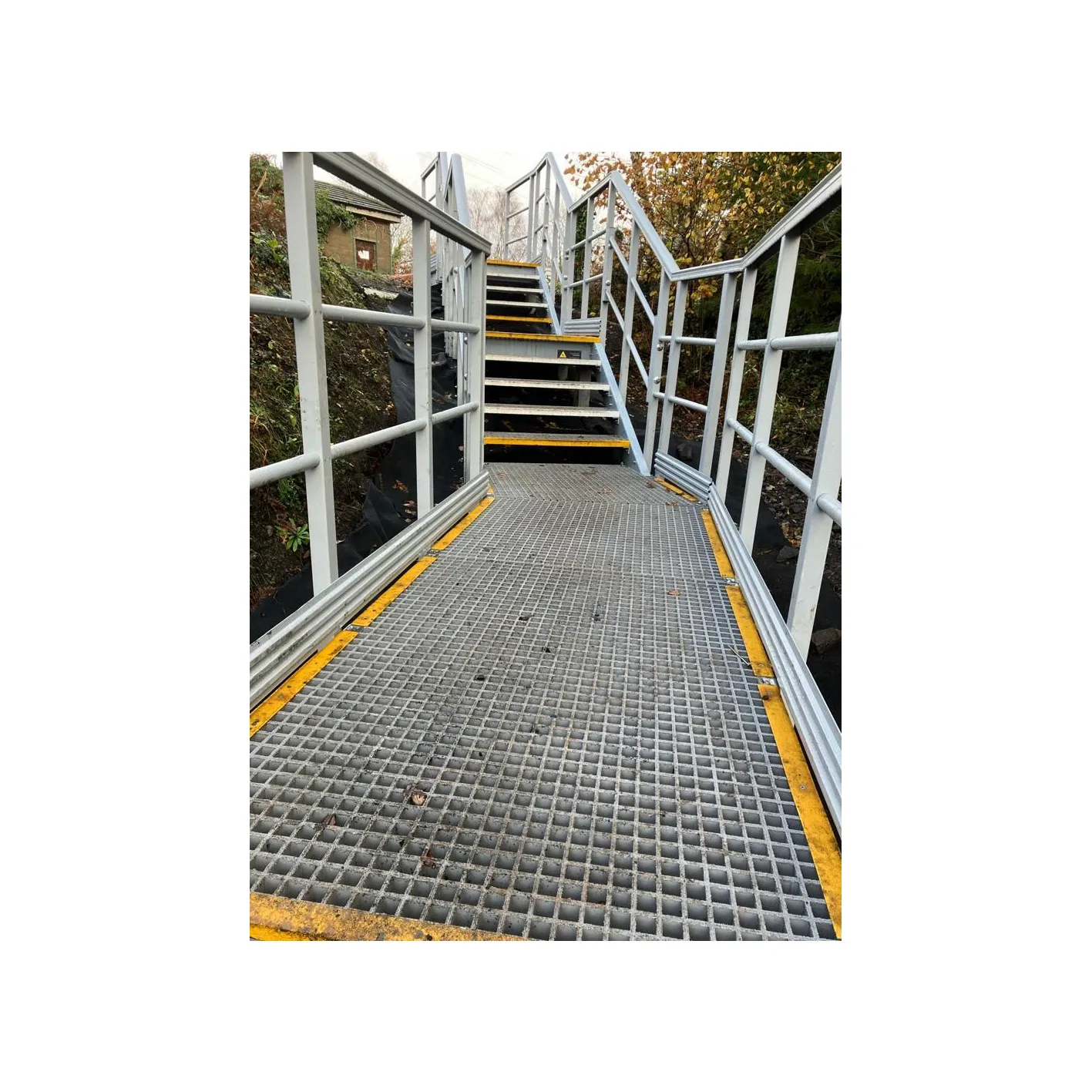loading...
- No. 9, Xingyuan South Street, Dongwaihuan Road, Zaoqiang County, Hengshui, Hebei, China
- admin@zjcomposites.com
- +86 15097380338
- Welcome to visit our website!
Understanding the Benefits and Functionality of Water Softeners for Your Home's Water Supply
Understanding Water Softeners Benefits and Importance
Water is one of the most essential resources we have, and its quality significantly affects our daily lives. However, many households face the challenge of hard water, which contains high levels of minerals, particularly calcium and magnesium. The presence of these minerals can lead to various problems, ranging from scaling in pipes and appliances to dry skin and dull hair. To combat these issues, many people turn to water softeners, which play a crucial role in improving water quality.
What is a Water Softener?
A water softener is a device designed to remove hardness minerals from water, thus softening it. This process typically involves the use of a resin tank filled with small, charged beads that attract and bind with the hardness minerals. When hard water passes through the resin, the calcium and magnesium ions are exchanged with sodium ions, effectively reducing the water's hardness level. The result is soft water that feels smoother and is more effective in cleaning.
Benefits of Using a Water Softener
1. Extended Appliance Life Hard water can cause limescale buildup in appliances such as dishwashers, washing machines, and water heaters. This buildup can decrease the efficiency and lifespan of these devices. By using a water softener, households can mitigate these issues, leading to lower maintenance costs and prolonged appliance life.
2. Improved Cleaning Efficiency Soft water enhances the effectiveness of soaps and detergents. When washing clothes, dishes, or even bathing, soft water helps soaps lather better, allowing for improved cleaning. This means you may use less detergent and achieve better results, saving both money and time.
a water softener

3. Softer Skin and Hair People with hard water often notice that their skin feels dry and their hair is more prone to brittleness. Soft water is gentler and can leave skin feeling smoother and hair looking shinier. Many individuals report a significant improvement in their skin condition and hair texture after switching to soft water.
4. Reduced Water Spotting Hard water can leave unsightly spots and streaks on dishes, glassware, and bathroom fixtures. Softened water reduces these marks, making cleaning easier and maintaining a cleaner appearance for your household items.
5. Environmental Benefits Using a water softener can also have positive environmental implications. By requiring less detergent for washing and minimizing appliance wear and tear, households can reduce their carbon footprint.
Considerations When Choosing a Water Softener
When selecting a water softener, there are several factors to consider. First, you should assess the size of the unit according to your household's water usage. Next, look into the regeneration method, as this impacts how often the system will need maintenance and how much salt it consumes. Lastly, consider any additional features, such as digital control panels or diagnostic alerts, that might enhance the user experience.
Conclusion
In summary, a water softener can dramatically improve the quality of your water and your overall living environment. From protecting appliances to enhancing personal care routines, the benefits are numerous. For anyone experiencing issues with hard water, investing in a water softener is a practical and beneficial solution. By taking the time to understand your needs and the options available, you can enjoy the advantages of soft water, leading to a more comfortable and efficient household.
-
Premium FRP Handrail for All ApplicationsNewsAug.29,2025
-
Low Maintenance FRP Mini Mesh Grating ProductsNewsAug.29,2025
-
Innovative FRP Square Tubes for Modern Industrial SolutionsNewsAug.29,2025
-
FRP Water Storage Tanks Wholesale Solutions for Bulk BuyersNewsAug.29,2025
-
FRP Molded Grating Solutions for Diverse Industrial ApplicationsNewsAug.29,2025
-
Construction Advancements Through FRP Pultruded ProfilesNewsAug.29,2025
-
Why Choose FRP Railings, Guardrails, and Handrail Systems?NewsAug.29,2025
